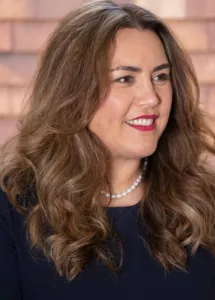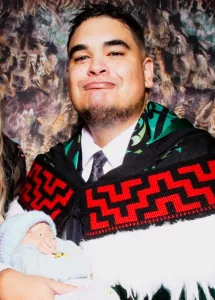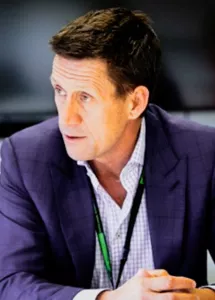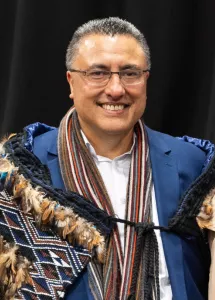Dr Ricky Bell PhD, MManipPhty, PGDipMPhysio, BPhty
Ngāti Hine, Ngāpuhi, Ngāti Hau, Te Rarawa, Te Aupōuri
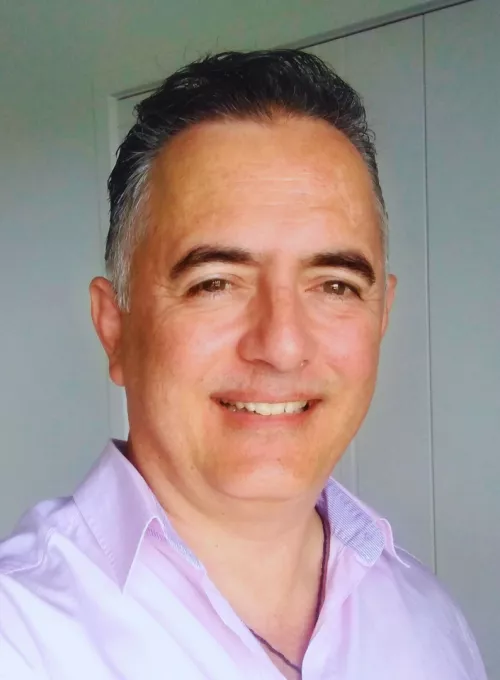
Dr Ricky Bell has a clinical background with over 30 years of experience in the health sector. Initially trained as a physiotherapist, in the last 15 years his interests and career have diversified to include specialist research, education, allied health leadership, governance, and regulatory advocacy roles. He is passionate about building capacity to create a lasting impact within the sector, our communities, and workforce development.
Ricky is one of the few physiotherapists in his field to hold a Master’s in Manipulative Physiotherapy. His career began in Australia, where he worked as a physiotherapist supporting various elite sporting teams, including the Brisbane Bullets Basketball team, Brisbane Broncos RLFC, and the Queensland Under 19 Women’s Netball team. Closer to home, he has served as the team physiotherapist for Te Rarawa Rugby Football Club for over a decade.
In 2018, Ricky was the first Māori to be awarded a PhD from the School of Physiotherapy at the Te Whare Wānanga O Otago University of Otago. His ground-breaking research, Huarahi Hauora, explored how Western academic institutions can better partner with Indigenous communities in rangahau (research). His thesis focused on Indigenous approaches to addressing health disparities, particularly tackling obesity in Māori communities. He has contributed extensively to physiotherapy education in Aotearoa, teaching at three of the country’s four physiotherapy schools.
As Head of School at Wintec’s physiotherapy programme, he played a pivotal role in shaping the next generation of physiotherapists. In his final year there, he significantly increased Māori and Pasifika student enrolments, with nearly two-thirds of the first-year cohort identifying as Māori or Pasifika. His leadership was driven by a commitment to equity, cultural responsiveness, and increasing Māori and Pasifika representation in the profession.
Currently, Ricky is the Director for Education and Training at Te Rau Ora, where he contributes to the Executive Leadership team. In this role, he leads the development and delivery of workforce and tertiary education programmes focused on addressing health determinants and advancing a wellness model of care. His work emphasizes strengthening Māori health workforce capabilities, embedding tikanga-based practices, and fostering a dual-competency workforce.
Before joining Te Rau Ora, Ricky served as a Senior Advisor at Te Aka Whai Ora (The Māori Health Authority) within the Public and Population Health Directorate for the Te Manawa Taki region. While Te Aka Whai Ora has since been disestablished, he remains grateful for the opportunity to have contributed to that kaupapa.
Ricky is committed to advancing the vision of Tāngata Matatau, whānau mātatū—empowering Māori knowledge and understanding to enable whānau to stand tall. His leadership exemplifies a commitment to tikanga, whanaungatanga, and equity in health and education.
Links:
Leaders in Physiotherapy - Ricky Bell
Key health appointments give boost to Wintec
Physio gets prestigious scholarship
Approaches to obesity in NZ not working: physio PhD grad
Auckland Physiotherapy - Dr Ricky Bell
Dr Ricky Bell | Te Rau Ora, Director for Education and Training
Published 24 February 2025
